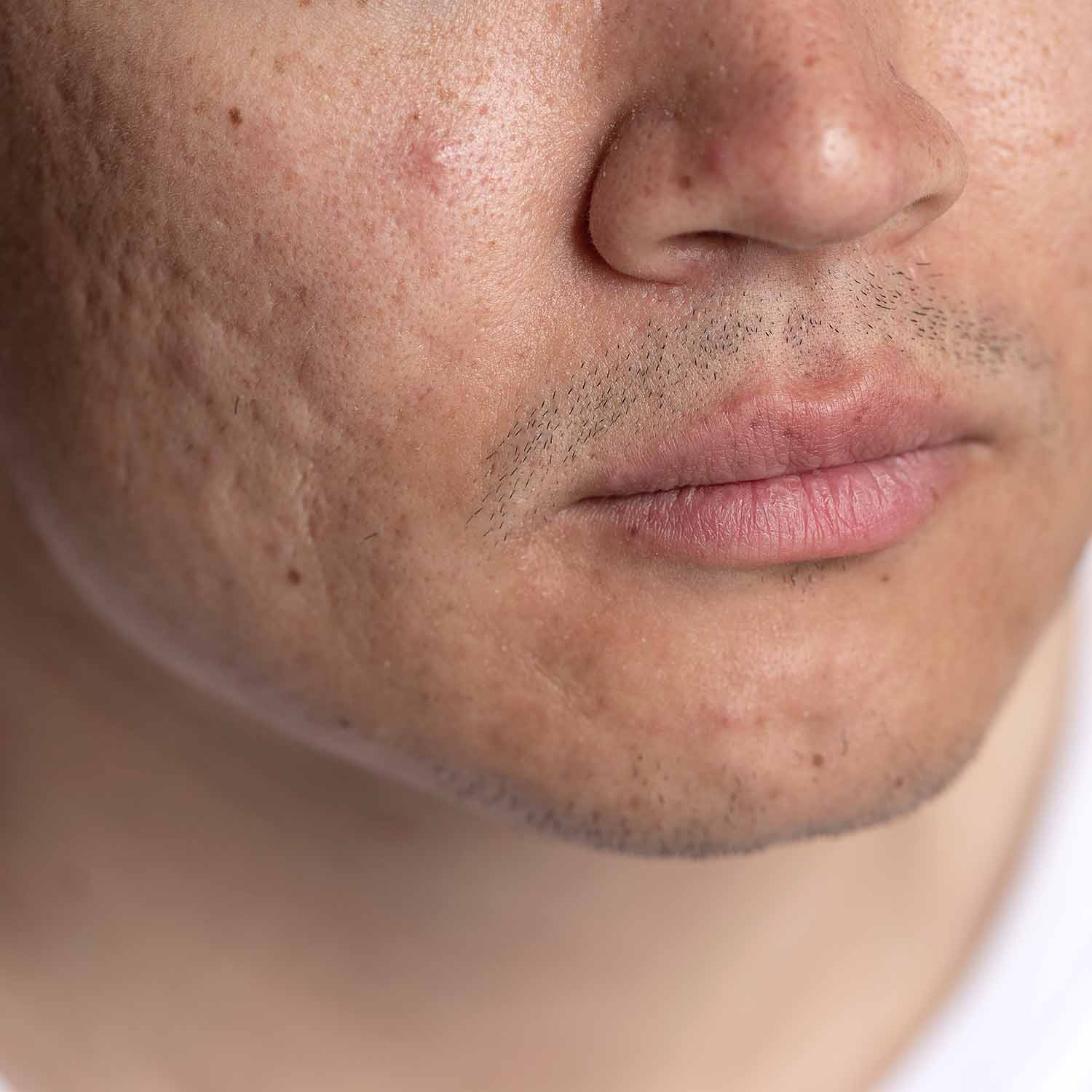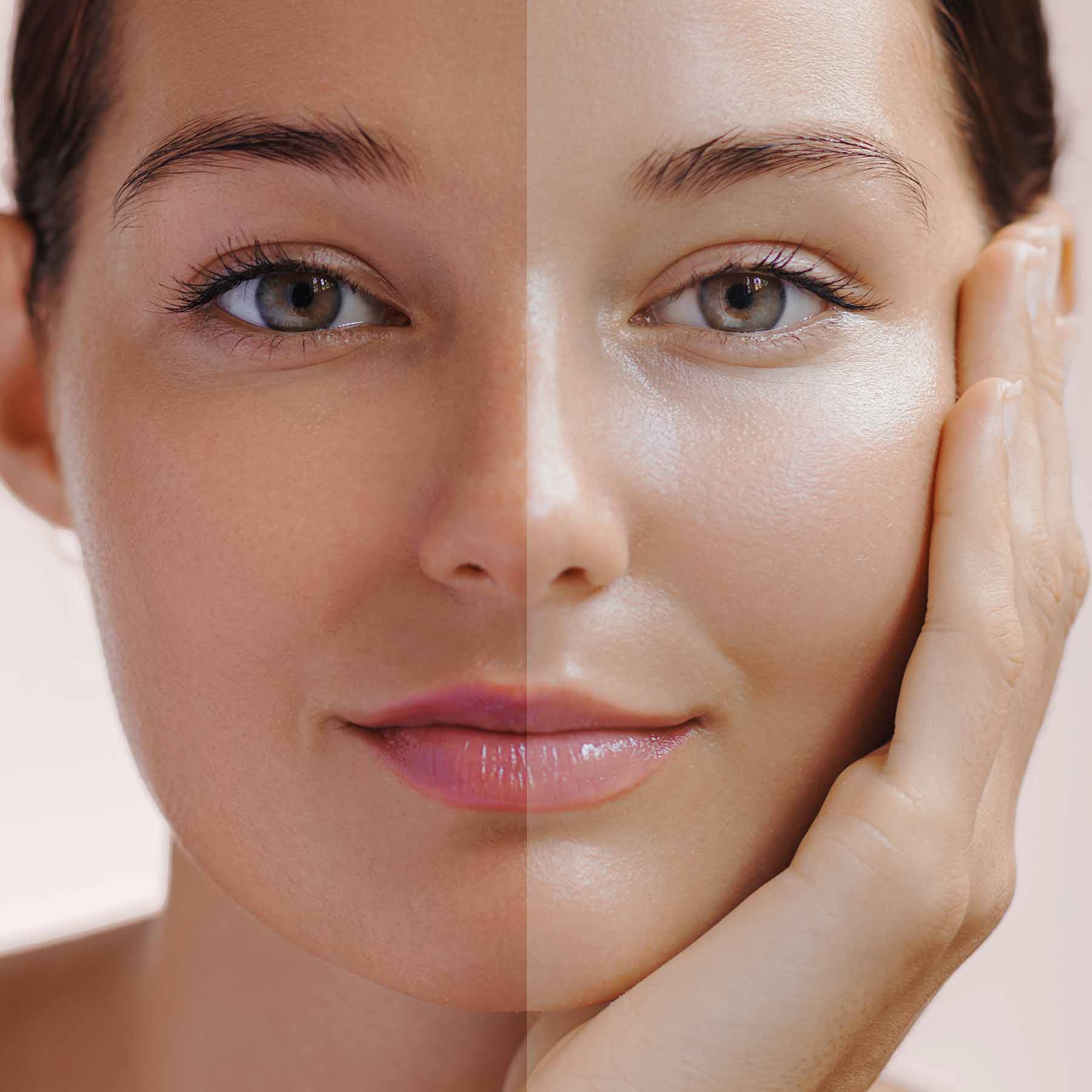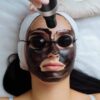
How Long Does It Take To Get Rid Of Acne Scar?
Last Updated on December 17, 2023 by Derma Arts Team
Long-term acne treatment could result in you with scars that never go away and diminish your confidence. You may be questioning how soon you might see benefits from your Acne Scar treatment in Delhi if your goal is to reduce their appearance. Although acne scars won’t completely disappear on their own, you may lighten or minimize their appearance in a variety of ways.
How soon after treating acne scars can you expect results?
Results from the most common acne scar treatments, like microneedling and laser resurfacing, can take anything from four weeks to six months to show. To support fresh, glowing skin, your acne scar treatment must first break down existing scar tissue and encourage collagen formation. While moderate acne scars can heal in as little as four to six weeks, severe acne scars can require up to six months to vanish.
Make sure to speak with knowledgeable dermatologists like our staff about the best course of action for minimizing your scars, since it will have an impact on your overall outcomes. We’ll see to it that the appropriate course of action is taken for the kind and extent of your acne scarring. Because each individual is unique and has a different type of skin, what’s effective for one person might not work for you. For optimal outcomes, a personalized treatment approach is required.
What is the duration required for acne scars to fade?
Acne scars don’t go away completely by themselves. Because skin loses collagen with age, depression and acne scars frequently grow more apparent. Acne scars, however, might be less apparent with several therapies.
Within a few months, post-inflammatory hyperpigmentation or inflammation may go away on its own. For some, it can take months for it to go away on its own without therapy. So, consult our clinic for Acne Scar treatment in Delhi now.
The following are some variables that will affect the number of treatments you require:
Scar Type
The kind of acne scar you have will play a major role in how many treatments you need. Since pigmented scars usually lie on the skin’s outermost layers, post-inflammatory hyper pigmentation could need less care than atrophic scarring. Rolling, and boxcar scars are examples of atrophic scars. Icepick scars are usually the hardest to repair among atrophic scars.
Scar Location
How long it takes to lessen the scarring from your acne could also depend on where the scar is. This is because the scar’s depth may vary depending on where it is located, and deeper scars usually need more treatments to get the desired effects. It could be more difficult to cure face scars than forehead scars.
Scar Severity
The size, color, and intensity of the scarring are considered indicators of the severity of your scar. Compared to shallow scars, deep scars need more collagen reformation, thus more than three treatments may be necessary to get the desired outcomes. On some parts of the face, even superficial scars can be challenging to remove, so choosing the best course of action is crucial to achieving the desired outcomes.
Treatment Method
Acne scars may be made to look better using a variety of treatment techniques, each with a unique recovery period. With energy-based therapies, you might not experience improvements for three to six months following your last treatment. Typically, three to six treatments are needed, scheduled roughly a month apart. Because superficial treatments sometimes yield faster results, you might be able to lessen the visibility of scars in a matter of weeks or months.
How to maintain your skin?
To get the desired effects, you’ll probably need to schedule maintenance sessions regardless of the therapy you choose. Regular visits will maintain a high level of collagen synthesis, resulting in smooth and toned skin. Adopting new skincare habits, including addressing your acne breakouts and reducing your exposure to the sun without protection, can also help you retain your results.
Combinations of dead skin cells, excessive oil, and acne-causing bacteria induce outbreaks of acne. You can stop fresh acne scarring by controlling your acne outbreaks and avoiding new acne. In a similar vein, you may prevent pigmentation issues and maintain a uniform complexion in between sessions by minimizing your exposure to the sun without protection.
Conclusion
Acne Scar treatment in Delhi is not as difficult as you may believe, especially if you select a therapy that is right for you. Even though acne scarring can be challenging to cure, there are a variety of treatment alternatives that can be included in your customized treatment plan to help you swiftly rejuvenate your skin and enhance the look of your skin with only a few sessions.








